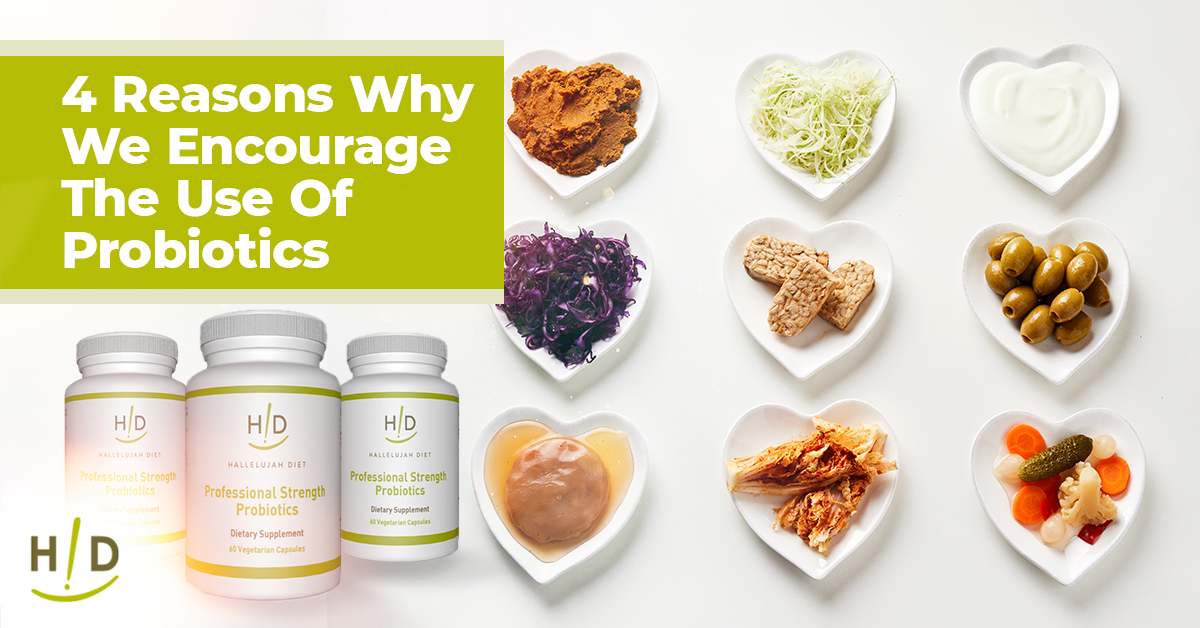Last month, we discussed how critical it is to maintain a healthy gut. Not only does it promote proper digestion, but it also boosts your metabolism, strengthens your immune system and influences your mood. So how can you fuel a healthful gut? Consuming a wholesome, fiber-rich diet and taking probiotic supplements can benefit you, but have you ever considered digestive enzymes? As the National Enzyme Company describes it, digestive enzymes are truly the real rock stars when it comes to digestive health.
What are digestive enzymes?
Digestive enzymes are the leaders in the digestive process - they have first dibs on the foods we consume. They break down the carbohydrates, proteins and fats we eat so that the body has easy access to the nutrient content. Essentially, without digestive enzymes, you'll have a harder time gaining the nutritional value from the wholesome, raw fruits and vegetables you're eating. You'll also have an increased chance of experiencing issues related to digestion, such as bloating, constipation, diarrhea, stomach cramping and more.
Where do digestive enzymes come from?
The salivary glands produce amylase to begin digesting starch right in the mouth as you chew your food. Lingual lipase from the tongue is activated in the stomach for digesting fats. Pepsin is released in the stomach to begin digestion of proteins. Food can be held in the upper portion of the stomach, the fundus, for an hour before mixing with stomach acid. This gives the salivary amylase time to work, as well as time for enzymes in the food to begin the digestion. All raw foods contain active enzymes, which may help predigest our food for us, thus conserving our own digestive enzymes.
After the stomach's contents are liquefied, they are passed on to the small intestine. This is where digestive enzymes from the pancreas do the heavy lifting of breaking down the food into sugars, short peptides, fat globules, vitamins, minerals, and phytochemicals that our body can absorb.
If we overtax our digestive enzyme capacity with overeating and consuming rich, animal-protein-heavy foods, as well as eating under stress and choosing very small amounts of raw food, we place a burden on our system that can lead to gastric upset, bloating, indigestion, flatulence, and further on chronic disease. Much of the body's energy that could be used to rebuild and repair the body is instead used on just making digestive enzymes to cope with the digestive strain.
The consumption of raw plant foods is critical to allowing some rest for the digestive tract. Fresh vegetable juices are excellent for giving the digestive tract a break, as the body can get fed with only a minimal amount of digestive energy expended.
Aging and its impact on digestive enzymes
According to the National Enzyme Company, the body's ability to produce digestive enzymes reduces with age, with some research suggesting people lose nearly half of their digestive activity. If your body doesn't produce enough digestive enzymes, regardless of the amount of raw, plant-based foods you're eating, it's critical you take a supplement to make up for it. Even with the healthiest diet, someone who has trouble breaking down foods won't absorb nutrients like they need to. That's why we recommend Hallelujah Diet Digestive Enzymes. Our formula contains live enzymes to maximize the absorption of nutrients, which ensures you'll reap all of the benefits from the enzymatically-rich fruits and vegetables you're consuming. This supplement improves poor digestion, promoting a healthy gut and reducing your chance of experiencing digestive-related issues.
Remember, it's still important to consume a primarily-raw plant-based diet - this supplement isn't a replacement. We suggested taking Digestive Enzymes with raw and cooked plant-based foods.








